Can Google win the AI race by going Open Source? (making the 10bln OpenAI investment worthless)
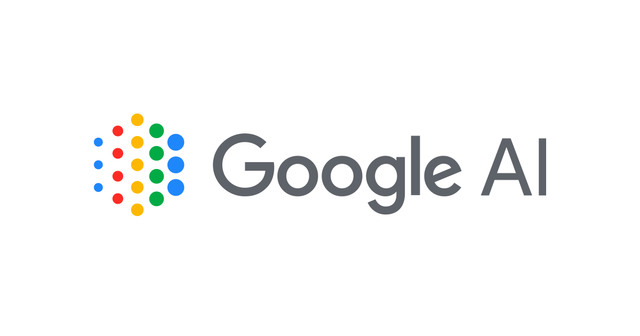
A leaked document from an anonymous Google employee has sparked discussions about the impact of open-source AI projects on industry giants like Google and OpenAI. While the document represents a single opinion within Google and may not influence the company's business strategy, it provides insight into the internal discussions surrounding open-source AI.
The document acknowledges the impressive advancements made by the open-source community, raising questions about whether major players like Google and OpenAI can maintain a competitive edge in this rapidly evolving field. It emphasises that neither Google nor OpenAI possesses a sustainable competitive advantage, given the rapid progress of the open-source community.
Open-source AI outpacing the big players
“We have no moat. And neither does OpenAI,”. The paper highlights the recent achievements of the open-source AI community, such as the ability to run large language models on smartphones and the rapid adaptation of personalised AI systems to laptops. It attributes these advancements to the open-source community's ability to iterate and improve AI models quickly, enabling individuals to experiment and train models more easily than ever before.
According to the leaked document, although Google's models currently have a slight lead, open-source models are becoming increasingly capable and surpassing the major players in several aspects, including speed, customisation, and privacy-friendliness. The document credits this rapid innovation to methods like low-rank adaptation (LoRA) and the widespread sharing of ideas and iterations from individuals and institutions worldwide.
If you can’t beat them…
The paper suggests that Google should collaborate with the open-source community rather than engage in direct competition. It recommends adopting a pioneer role within the open-source movement, similar to Google's positions in the Android and Chrome ecosystems. To achieve this, Google must be willing to relinquish control over its AI models, as attempting to drive innovation while maintaining strict control is seen as counterproductive.
The leaked document coincides with reports that Google's AI chief announced a shift in strategy, limiting the public sharing of AI research within the company. This change is believed to be influenced by the success of ChatGPT, prompting a move toward closed-source development. The leaked document could be seen as a response to this strategy shift, illustrating the diverse perspectives within Google and the complex dynamics of the current AI landscape.
Conclusion
The leaked document is a juicy read! It talks about how open-source AI projects are becoming more important and questions whether big players like Google and OpenAI can keep their competitive advantages for long. It suggests that collaborating with the open-source community is a good idea. The document also praises the impressive progress made by open-source projects and emphasises the need for quick changes and adaptations. It even suggests that Google should lead the way in the open-source movement. But here's the catch: there are rumours that Google is actually moving towards closed-source development. The leaked document is not from google leadership; confusing times may lie ahead in the AI world!

Optimize with ZEN's Expertise
Upgrade your development process or let ZEN craft a subsystem that sets the standard.
Read more:
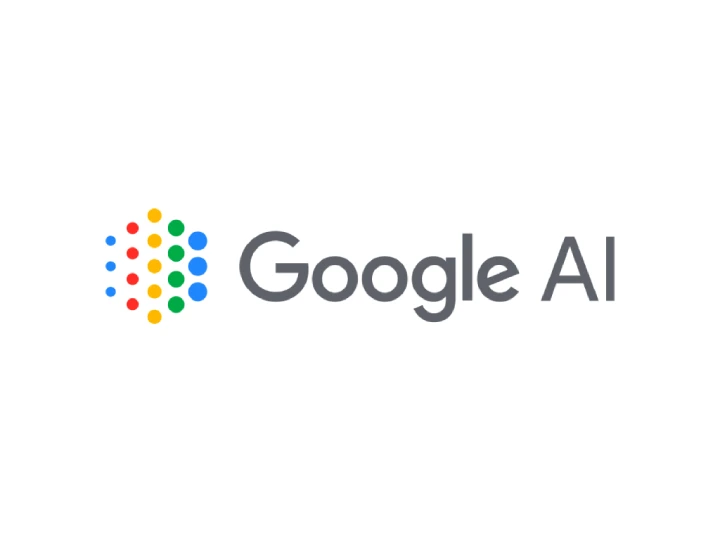
Can Google win the AI race by going Open Source? (making the 10bln OpenAI investment worthless)
A leaked document from an anonymous Google employee has sparked discussions about the impact of open-source AI projects ...
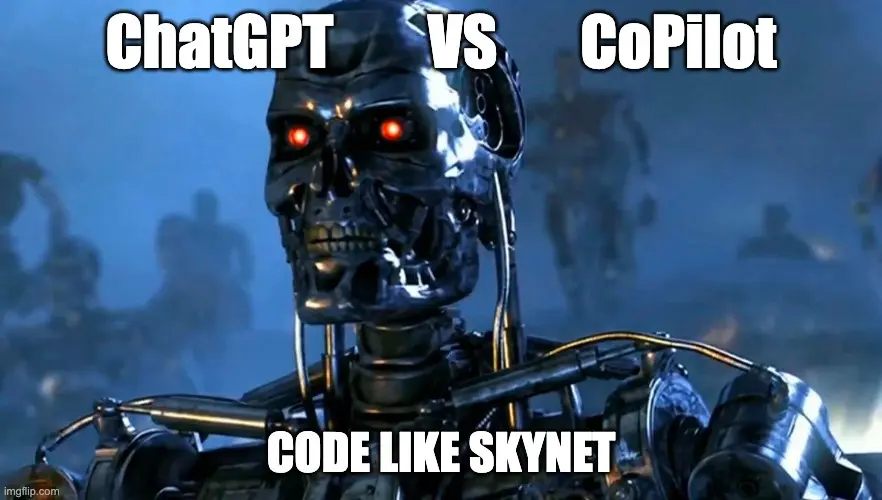
Code Generation: Comparing OpenAI's ChatGPT to Github's copilot
AI code generation is a field of artificial intelligence that uses machine learning algorithms to generate code automati...
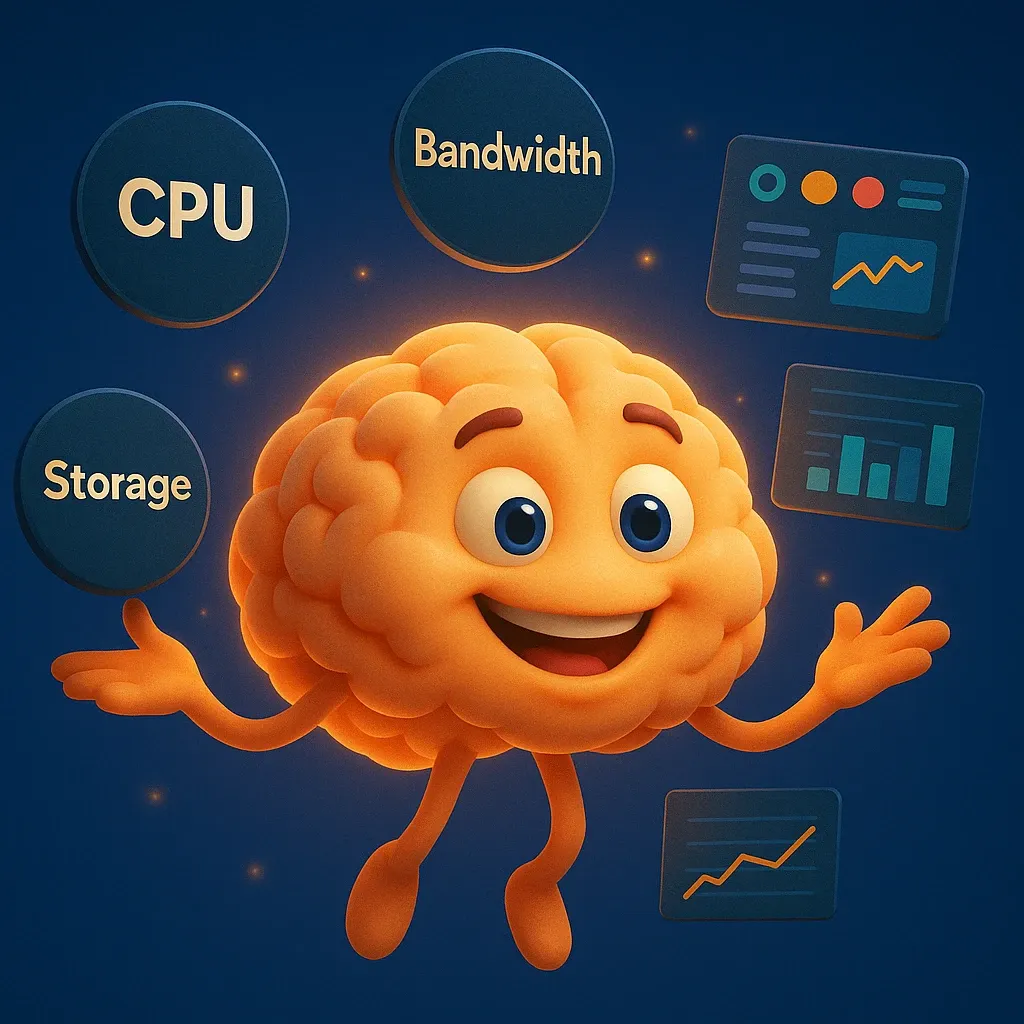
The Cloud Is Software — But What Kind of Software?
Everyone talks about the cloud as if it were some magical place. But peel back the layers, and you'll find something ver...

Revolutionising Regulatory-Compliant Voice Data Management with CyberCloud CallController
In an era where regulatory compliance is paramount for organizations governed by stringent frameworks such as MiFID, PCI...
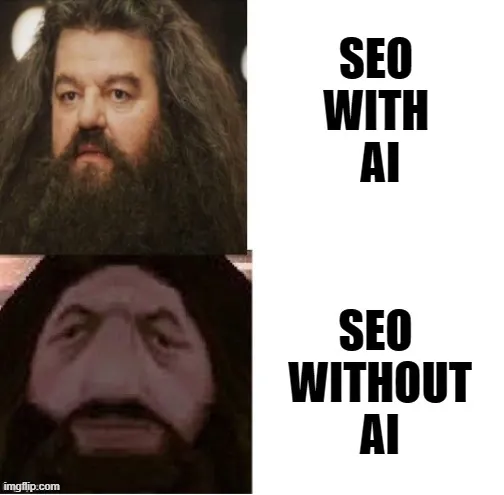
The AI Revolution: How Generative AI is Making SEO practices Obsolete!
Artificial Intelligence (AI) and Generative AI are leading a revolution that will obsolete traditional SEO practices lik...
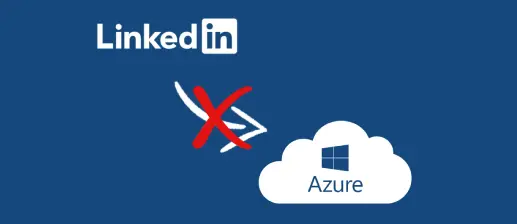
LinkedIn, part of Microsoft, decides to ditch data centre migration to Azure
What went wrong? Microsoft owns both LinkedIn and Azure. :man_shrugging: ...
